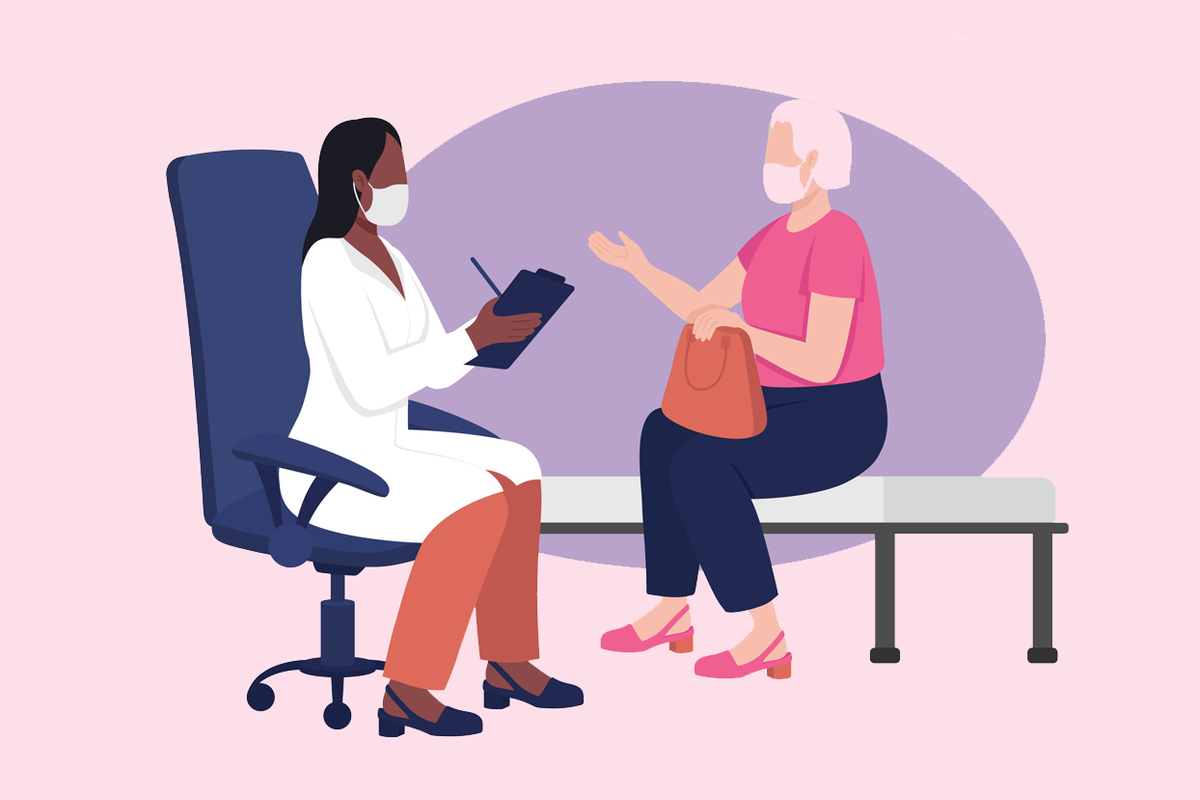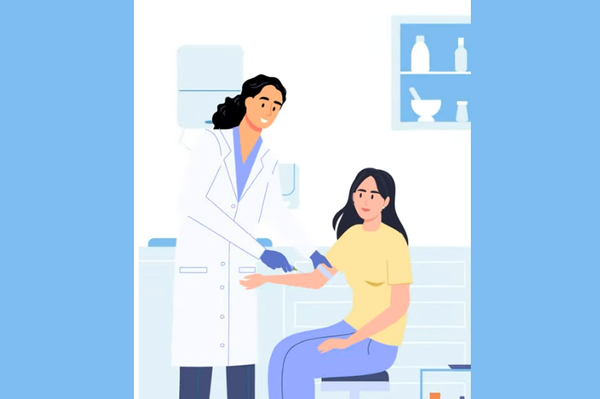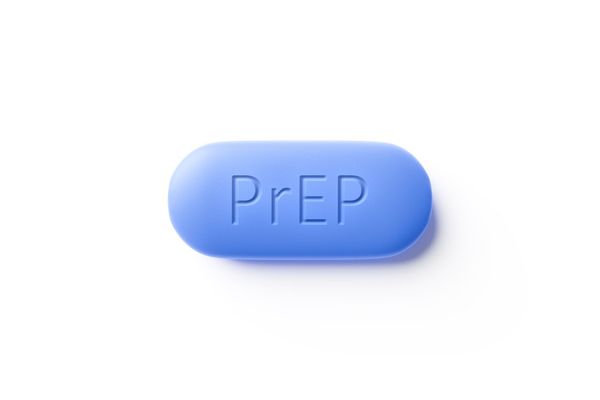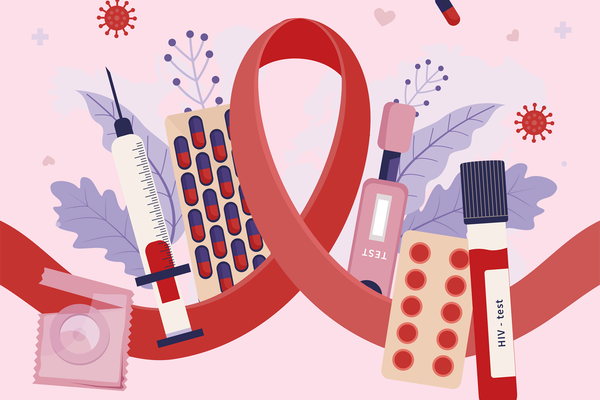What is HIV?
HIV (human immunodeficiency virus) is a virus that attacks the body’s immune system. If HIV is not treated, it can lead to AIDS (acquired immunodeficiency syndrome).
As the population ages, more people above age 50 are living with HIV
In 2007, <10% of people living with HIV were over 50
In 2020, 60% of people living with HIV were over 50
In 2030, 73% of people living with HIV are expected to be over 50
Older women and risk for HIV
Older women who are sexually active with new partners may not realize they are at risk of HIV.
Factors that increase risk include:
- Not discussing safe sex with their partners
- Not using condoms
- Thinning vaginal walls and vaginal dryness associated with menopause, which can lead to tears in the vaginal area that provide an opening for HIV to enter the body
- Lack of knowledge about pre-exposure prophylaxis (PrEP) for HIV prevention and post-exposure prophylaxis (PeP) for emergency prevention after exposure
Older women who inject drugs also are at risk of HIV from sharing needles and other drug equipment.
Delayed diagnosis means delayed treatment
The longer you have HIV, the more time there is for the virus to damage your immune system, which leads to a worse prognosis and possibly shorter survival after diagnosis.
In the U.S., older adults are more likely than younger adults to be diagnosed with HIV late in the course of their disease.
In 2015, 50% of people aged 55 and older had HIV for 4.5 years before they were diagnosed.
Possible reasons for late diagnoses
- Healthcare providers (HCPs) are less likely to discuss sexual behavior or drug use with older patients
- HCPs may not always test older people for HIV
- Older people may mistake HIV symptoms for signs of normal aging
- Older people may be embarrassed to discuss sex with their HCPs
Did you know: HIV medicine is called antiretroviral therapy (ART). ART works by reducing the amount of HIV in your body (viral load). If taken as prescribed, ART will reduce the amount of HIV in your blood, helping you stay healthy and reduce transmission to others.
What you can do
- Use condoms and practice safe sex
- Get tested and treated for sexually transmitted infections (STIs), including HIV
- Consider taking PrEP (pre-exposure prophylaxis), a medication for people who are HIV-negative and at high risk for HIV
- Get regular checkups with your HCP and discuss any sexual activity or drug use
- Start treatment as soon as possible if you find out you have HIV
This educational resource was created with support from Merck.
- HIV/AIDS Support Group Finder ›
- Your Guide to HIV & Aging - HealthyWomen ›
- Keeping My HIV Diagnosis a Secret for a Year Taught Me a Lot About People’s Stereotypes - HealthyWomen ›
- Aging with HIV Requires Whole Person Care - HealthyWomen ›
- How HIV Affects Menopause and Menopause Affects HIV - HealthyWomen ›






